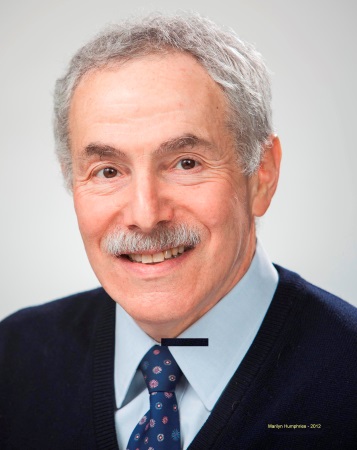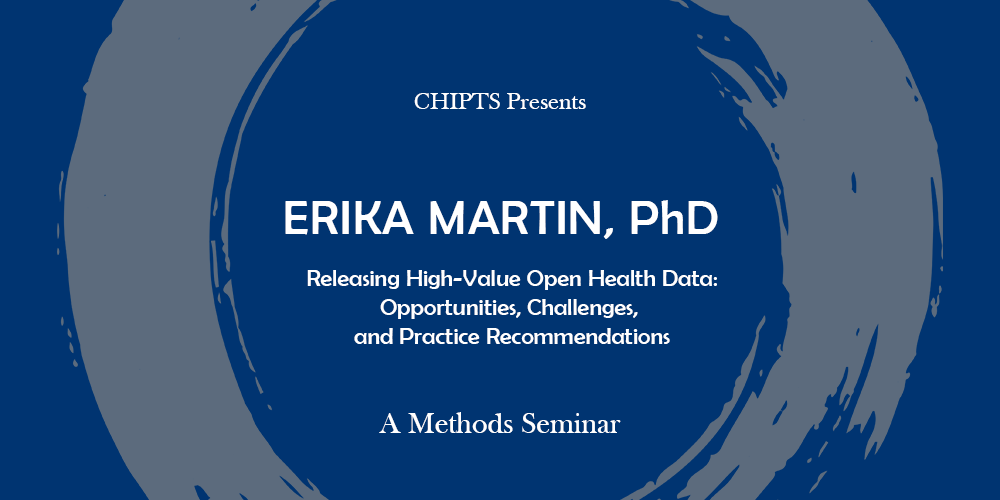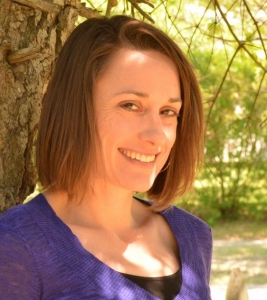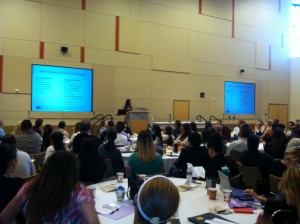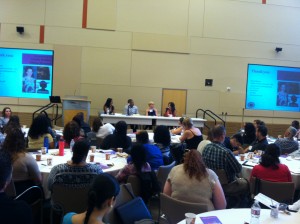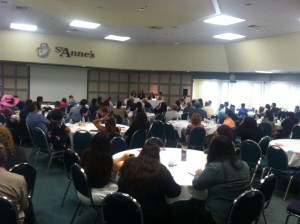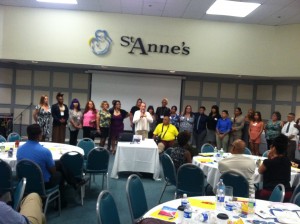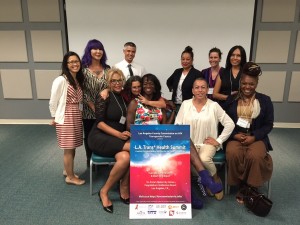The NIH supports a comprehensive portfolio of biomedical, behavioral, and social science research on HIV and its associated coinfections, comorbidities, and other complications. The Office of AIDS Research (OAR), a component of the NIH Office of the Director, is legislatively mandated to coordinate, plan, evaluate, and budget for the NIH AIDS research program. Building on the most recent scientific progress and scientific opportunities to most likely contribute to ending the AIDS pandemic, developing a cure for HIV/AIDS, and achieving an AIDS-free generation, NIH has identified the highest HIV/AIDS research priorities for the next 3-5 years. NIH will use these guidelines to ensure that AIDS resources are supporting the highest HIV/AIDS research priorities. The overarching NIH HIV/AIDS research priorities are: 1) research to reduce the incidence of HIV/AIDS, including the development of safe and effective HIV/AIDS vaccines; 2) development of the next generation of HIV therapies with improved safety and ease of use; 3) research towards a cure for HIV/AIDS; and 4) HIV-associated comorbidities and co-infections. Basic research, health disparities, and training that cross-cut these priorities also will be supported. These priorities were informed by the OAR Advisory Council’s recommendations, the Annual Trans-NIH Plan for HIV-Related Research, and input from NIH leadership. Implementation of these priorities will begin with fiscal year 2016 funding of HIV/AIDS research.
The NIH has developed a series of guidelines for determining whether a research project has a high-, medium-, or low-priority for receiving AIDS-designated funding. These guidelines do not assess/determine the scientific and technical merit of a project only the priority for receiving AIDS-designated funds.
To read more, please click here

